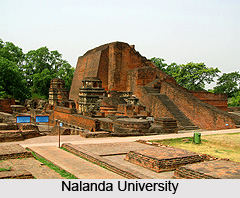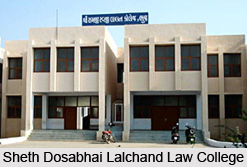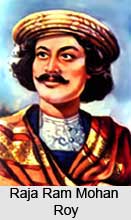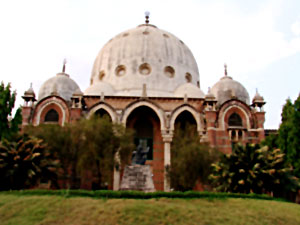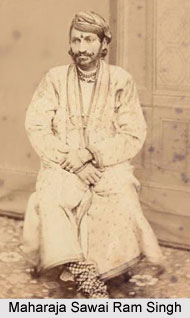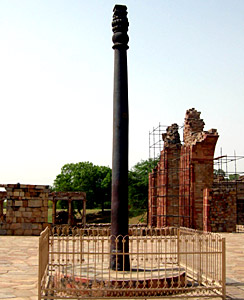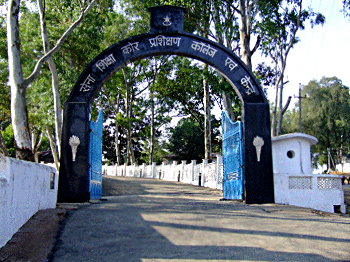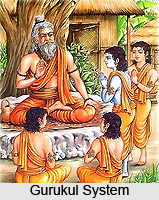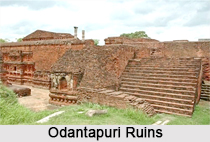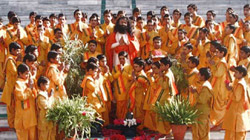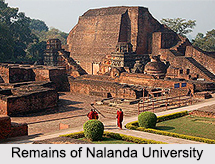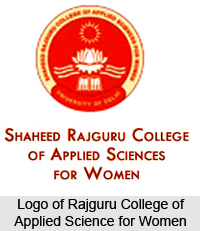 Rajguru College of Applied Science for Women is an institution of excellence that is formed under Delhi University with the objective of imparting education to women. Located at Jhilmil Colony, Vivek Vihar, Delhi-110095, it offers courses at undergraduate level on 4 professional disciplines like Instrumentation, Electronics, Computer Science, Food Technology, and Biomedical Sciences. Name of theses courses are Bachelor of Applied Science Electronics (Hons.); Bachelor of Applied Science Instrumentation (Hons.); Bachelor of Applied Science Food Technology (Hons.); Bachelor of Computer Science (Hons.); Bachelor of Biomedical Science (Hons). These make all the women candidates quite competent enough to face the challenges of this era of globalization. Over hundred industries have trained its students and more than 70 industries have provided placements to the students. Special seminars and educational tours also have organized by the Rajguru College of Applied Science for Women. Laboratories are built which also enable the students to carry research and experiments.
Rajguru College of Applied Science for Women is an institution of excellence that is formed under Delhi University with the objective of imparting education to women. Located at Jhilmil Colony, Vivek Vihar, Delhi-110095, it offers courses at undergraduate level on 4 professional disciplines like Instrumentation, Electronics, Computer Science, Food Technology, and Biomedical Sciences. Name of theses courses are Bachelor of Applied Science Electronics (Hons.); Bachelor of Applied Science Instrumentation (Hons.); Bachelor of Applied Science Food Technology (Hons.); Bachelor of Computer Science (Hons.); Bachelor of Biomedical Science (Hons). These make all the women candidates quite competent enough to face the challenges of this era of globalization. Over hundred industries have trained its students and more than 70 industries have provided placements to the students. Special seminars and educational tours also have organized by the Rajguru College of Applied Science for Women. Laboratories are built which also enable the students to carry research and experiments.
The Rajguru College of Applied Science for Women also has the local networking academy set up by Construction Industry Service Corporation (CISCO). This is only academy in Delhi where students get the chance for pursuing add-on certificate course at a normal cost to get a `CCNA certification (CISCO certificate Networking Association)`, which has worldwide recognition.
Library of Rajguru College of Applied Science for Women also is significant. In Delhi University it is the first library that is computerized having local software with graphical user interface, known as CAPSLIB. This library is well stocked with a huge collection of over nine thousand and one hundred books, two thousand project reports and also numerous encyclopedia of science. Quite a number of periodicals are found which cover a vista of scientific fields namely Electronics, Instrumentation, Food Technology, Computer Science, Biology, Biochemistry, Physics, Mathematics etc. Besides it has obtained subscriptions of eight scientific journals, twenty popular magazines and also a multitude of newspapers. It also has a good collection of videocassettes with programs on various topics of interest. Numerous videocassettes and multi user CD like Tata McGraw Hill Encyclopedia of Science and Technology, Dewey Decimal Classification etc are hot favorites amongst the students. Interestingly students also can avail the information of library books via Internet also.
